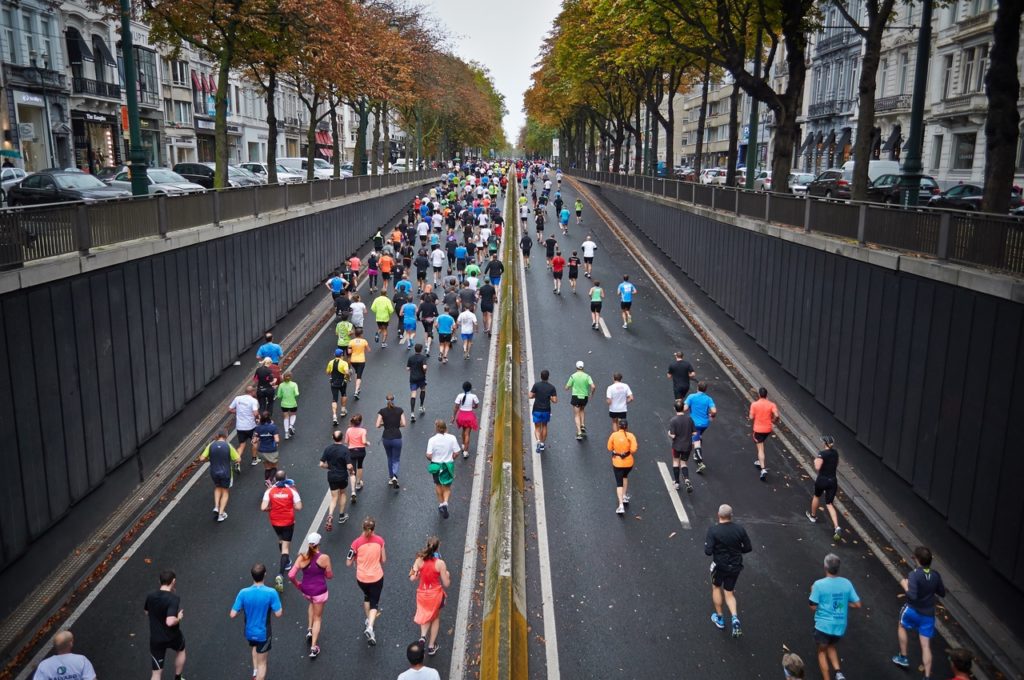The University of Ghent has joined a large-scale international research project looking into the benefits of movement on the development of immunity to the new coronavirus (Covid-19).
The study consists of a meta-analysis, in which researchers scour the published academic literature to compile a thorough collection of scientific knowledge on the subject.
In this case, the subject is the benefits of movement, even on a small scale, when it comes to developing an immunity to coronavirus. When the results are available, the team carrying out the research hopes it will form the basis of government decisions on relaxing the rules on confinement to allow exercise, as well as access to outdoor areas like woods and parks.
In Belgium, for instance, one of the accepted reasons for not remaining at home during the lockdown has from the beginning been to take exercise. However it soon became clear that there was no fixed definition of what that meant, and police had no clear idea of how to deal with people going around on bicycles or walking in the park.
Related News
- Universities study the effects of confinement on research and researchers
- Only 1 in 4 drink more during lockdown
Was it permissible, it was asked, to go cycling for a trip of 50km? To sit down to rest while walking in the park?
In the end, the approach was inconsistent until the government reviewed the rule, which was then interpreted by prosecutors who informed the police what was acceptable and what was not.
The new study is being coordinated by Professor Sebastien Chastin of Glasgow Caledonian University (GCU) in Scotland. “I hope this research will inform policy makers, health professionals and citizens,” he said.
“If we can demonstrate that physical activity can reduce the impact of Covid-19, it could have a huge impact on the pandemic and on government decisions. Exercise could be a cheap and easy way to help fight Covid-19.”
The project will involve researchers going through more than 140,000 publications on the subject, a job which would normally take months. However, Chastin hopes to have results faster by spreading the load.
“Research suggests that physical activity can boost the immune response in both the short and long term,” said sports psychologist Elaine Duncan, also of GCU. “In addition, physical activity can also reduce stress and chronic inflammation, reducing your risk of infection.”
Alan Hope
The Brussels Times

